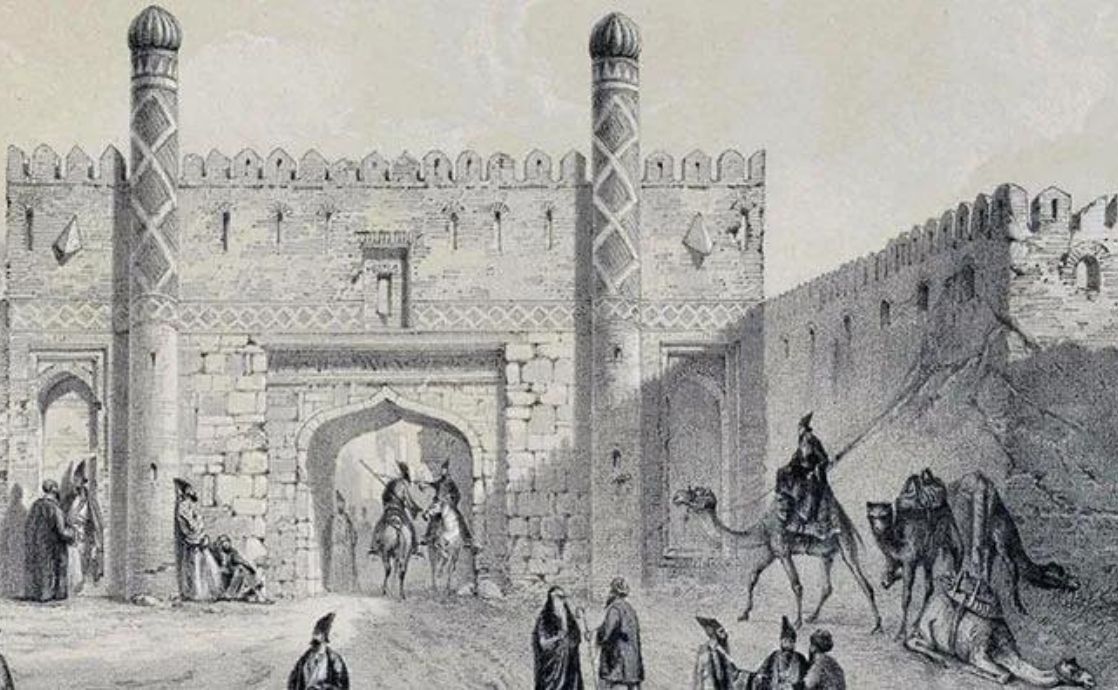The narrative of Bahá’u’lláh, the founder of the Bahá’í Faith, is steeped in profound lessons and evocative imagery that resonate deeply within the tapestry of human experience. His life story is marked by episodes of banishment and exile, akin to a bird perpetually seeking its nest among unfamiliar branches. This article seeks to elucidate the manifold significances of these exiles, illuminating the core teachings derived from the events that shaped Bahá’u’lláh’s mission and legacy. Through examining these themes, one can appreciate the intricate interplay of suffering and enlightenment that is central to Bahá’í philosophy.
First and foremost, the concept of exile in Bahá’u’lláh’s life is more than mere physical dislocation; it symbolizes a spiritual quest fraught with trials. Following his declaration of prophetic mission in 1863, Bahá’u’lláh faced immediate persecution from the powers of his time. The anguish of being uprooted parallels the human condition—often, individuals find themselves estranged or alienated from their origins and communities. This metaphor of exile serves as a poignant reminder that the pursuit of truth can lead to isolation, yet it is within this space that spiritual growth thrives. Bahá’u’lláh’s resolve amidst adversity exemplifies the transformative power of suffering—he emerged from exile not broken, but invigorated, establishing poignant teachings about unity, love, and the oneness of humanity.
One of the primary aspects of Bahá’u’lláh’s teachings is the profound emphasis on unity. His pronouncements articulated a vision wherein the diversities of race, religion, and nation would not only coexist but flourish together in harmony. This ideal is especially resonant in a world fraught with fragmentation and discord. The image of the ‘World Citizenship’ that Bahá’u’lláh presents appeals to our higher sensibilities, inviting us to see beyond the superficial boundaries that often define our identities. Thus, the exile of Bahá’u’lláh serves as a catalyst for modern notions of global unity; through his experiences, he not only called for the eradication of prejudices but illustrated the necessity of crafting a new collective consciousness that appreciates diversity as a strength rather than a source of division.
Additionally, the experience of Bahá’u’lláh in exile fosters an understanding of patience and resilience. His time in prisons and remote locales such as Akká and Adrianople exemplifies the virtues of steadfastness amidst adversity. Bahá’u’lláh’s revelations during these profoundly isolating experiences birthed writings that resonate with the human spirit. The “Seven Valleys” and the “Four Valleys,” for instance, encapsulate the spiritual journey one must undertake, likening life to a maze that requires perseverance and introspection. In this context, exile transforms into a realm of introspection—a time when the boundaries of the self are expanded through contemplation and divine guidance. It transcends the mere act of being cast out to become a spiritual pilgrimage, reminding followers that true wisdom often arises from life’s hardest challenges.
The sanctity of martyrdom also figures prominently in Bahá’u’lláh’s narrative. His willingness to endure banishment for the sake of his beliefs invokes an intriguing juxtaposition; it illustrates a steadfast commitment to principles that transcend personal suffering. The philosophy that reveres martyrdom within the Bahá’í Faith serves as a beacon of conviction for adherents. It compels them to embrace courage in their convictions and an unwavering dedication to truth, even when it results in social ostracism or physical peril. This dimension of Bahá’u’lláh’s exiles reflects the idea that the greatest truths may be encapsulated in the most profound sacrifices, thus encouraging followers to consider their responsibilities toward justice and equity.
The ramifications of Bahá’u’lláh’s teachings extend beyond personal enlightenment; they permeate societal structures and call for comprehensive reformation. The values he espoused—such as equality of the sexes, the elimination of extremes of wealth and poverty, and the pursuit of universal education—are visionary concepts aimed at restructuring societal paradigms. Through the lens of his experiences, Bahá’u’lláh elucidated pathways to a more just world, and this call to action arises poignantly from the trials of his own existence. The juxtaposition of his regal aspirations with the stark reality of persecution underscores the necessity for action in the face of inequities endemic to human societies.
Ultimately, the story of Bahá’u’lláh’s banishment is a timeless one, echoing within the hearts of those who seek purpose beyond themselves. His life exemplifies that while exile may manifest as physical separation, it can also represent the soul’s journey toward deeper truths. The teachings that emerged from his years in captivity offer solace, hope, and a blueprint for forging connections in a fragmented world. To those who engage with his writings, Bahá’u’lláh offers a clarion call—a perpetual invitation to rise above temporal trials and to cultivate a spirit of fellowship grounded in the ideals of compassion, justice, and unity.
In conclusion, the profound narrative of Bahá’u’lláh’s exiles encapsulates vital lessons that transcend circumstances—revealing a pathway of resilience, unity, and purpose. As one contemplates the essence of his teachings, one is inevitably drawn into the intricate web of human interconnection, aware that even in moments of disenfranchisement, the seeds of spiritual illumination can be sown. Ultimately, the legacy of Bahá’u’lláh invites us on a transformative pilgrimage, illuminating the possibility of transcendence despite life’s tempests.
